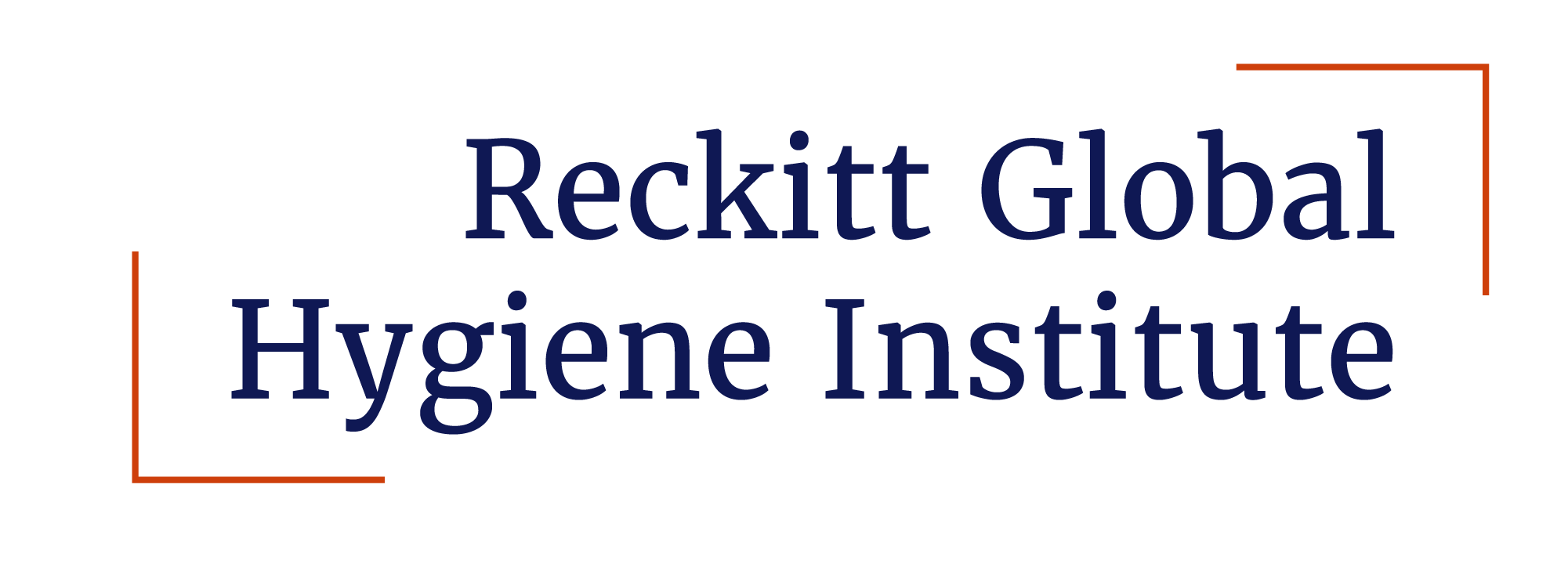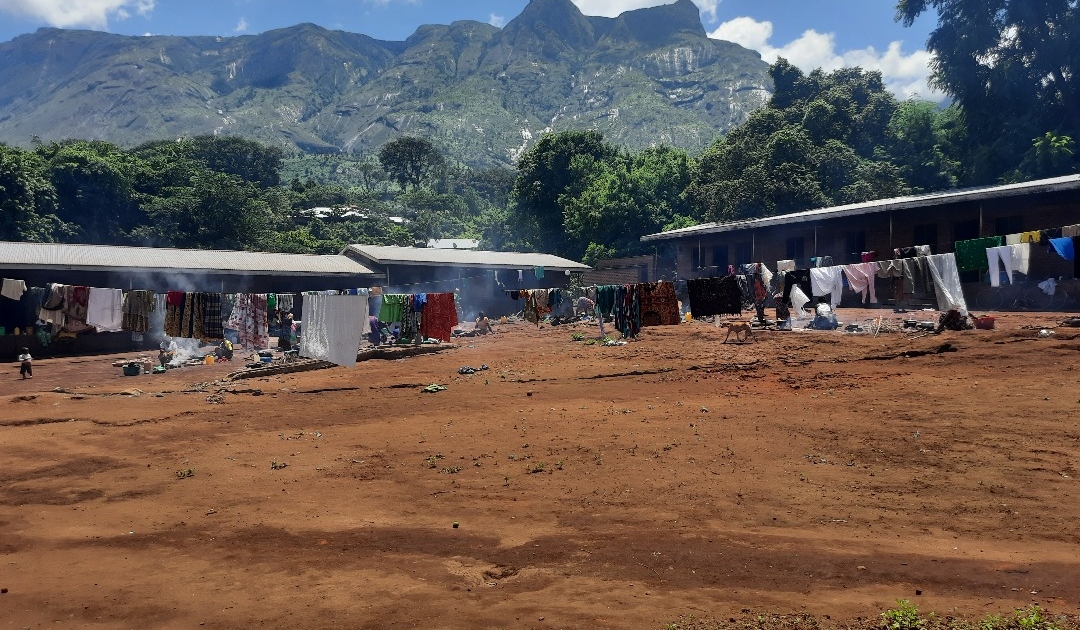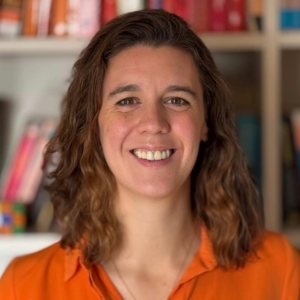Guardian Waiting Shelters Country-Wide Study: Collaboration Accelerator Award Announcement
27 March, 2025
Translating hygiene research into impactful policy is a critical yet complex challenge in improving global public health. Despite researchers consistently generating robust findings, a collaboration gap between research and policy communities often leaves evidence underutilised. RGHI’s Collaboration Accelerator Award (CAA) are designed to foster partnerships between researchers, policy, and practice communities to bridge the gap between evidence and action, transforming knowledge into real-world impact.
Click here to read more about the Collaboration Accelerator Award.
The selected projects this year represent innovation and dedication to addressing hygiene challenges within healthcare systems in low-and middle-income countries (LMICs). Both projects were chosen for their potential to create lasting global change by improving hygiene conditions and collaborating with key stakeholders to ensure sustainable impact.
Guardian Waiting Shelters, Country-Wide Exploration Study – Malawi University of Business and Applied Sciences (MUBAS)
The Malawi University of Business and Applied Sciences is leading an ambitious project of work to address environmental health conditions in Guardian Waiting Shelters (GWSs) at hospitals in Malawi. GWSs provide temporary accommodation for family members (guardians) who support care for inpatient visitors to hospitals – bathing, cooking, feeding, monitoring medication, and helping with rehabilitation exercises – filling a critical gap in the health system. Previous research, supporting by RGHI, found that the GWSs have inadequate sleeping facilities, poor environmental health conditions, and no clear management structures. Guardians feel unsafe and face conditions that could potentially compromise their health and the health of the patients they are tasked with supporting.
Leading a partnership which involves the University of Strathclyde and the London School of Hygiene and Tropical Medicine, the MUBAS team will build on their previous research with the goal of developing national minimum standards for environmental health conditions in GWS across the country.
Why This Research Matters
This project addresses a critical but overlooked aspect of health services that impacts thousands of patients and their families across Malawi and similar contexts in Sub-Saharan Africa. Environmental standards for GWSs have far-reaching implications beyond mere accommodation:
- Infection prevention and control: With guardians moving between facilities and patients, improved hygiene standards can reduce cross-infection risks for already vulnerable patients.
- Healthcare workforce support: In countries facing severe healthcare staff shortages, guardians effectively serve as an extension of the healthcare workforce. Supporting their wellbeing directly impacts patient care quality.
- Healthcare equity: Ensuring dignified, safe conditions for guardians removes barriers to care and supports better health outcomes for all patients, regardless of economic status.
- Policy integration: By developing guidelines in partnership with the Ministry of Health, the proposed work will have a clear link with national policy and standards and potentially serve as a model for similar approaches across Sub-Saharan Africa.
The Power of Collaboration
As is the goal of the Collaboration Accelerator Awards, what makes this project transformative is its collaborative approach, bringing together:
- Academic expertise: Principal Investigator Dr. Kondwani Chidziwisano (MUBAS), and academic collaborators Professor Tracy Morse (University of Strathclyde) and Professor Robert Dreibelbis (London School of Hygiene and Tropical Medicine) together bring a range of expertise and experiences to hygiene research as well as local knowledge and experience in the field.
- Policy influence: Direct engagement with the Malawi Ministry of Health’s Technical Working Group ensures findings will inform the ongoing development of national WASH healthcare facility standards and IPC policy revisions.
- Stakeholder engagement: Comprehensive mapping of all actors involved in GWS management at national, district and community levels creates pathways for sustainable implementation.
This collaborative framework ensures that the research design addresses real policy needs, and that findings can be translated into practical guidelines with pathways for implementation.
“At RGHI, we believe that transformative change begins with bridging the gap between research and action. The RGHI Collaboration Accelerator Award reflects our commitment to innovation and collaboration, empowering multidisciplinary teams to tackle hygiene challenges holistically.
This consortium led by MUBAS will not only develop clear hygiene guidelines for GWSs that can be integrated into national policy, but will work with partners to ensure practical implementation. Their work will provide a foundation for larger-scale research to test and evaluate interventions – potentially transforming a neglected component of healthcare systems.”
- Sarah Roberts, RGHI Executive Director
Stay tuned to hear more about the second project selected for the CAA award.
Follow us on LinkedIn and BlueSky for further insights into these exciting initiatives and continued updates on how RGHI is driving change in the field of hygiene.
Emily Giles, RGHI Operations and Communications Manager




